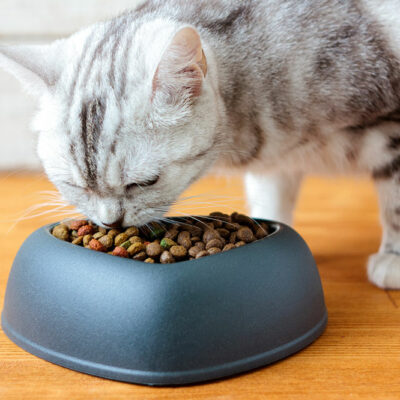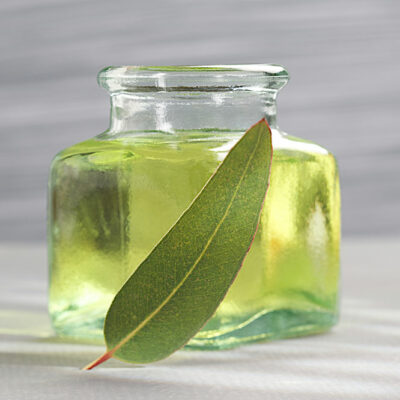
8 Treatment Options for UTI
When pathogens enter any part of the bladder, urethra, ureters, or kidney, it results in a UTI or urinary tract infection. The standard treatment for a urinary tract infection aims to relieve the symptoms. Doctors generally consider a few factors before prescribing medicines and fixing the dosage for every patient who approaches them with a urinary tract infection.
There are two types of UTIs: complicated urinary tract infection and uncomplicated UTI.
Treatment for uncomplicated UTI
1. Antibiotics
Bacteria, viruses, and fungi cause urinary tract infections. Antibiotics are prescribed for bacterial infections, and antivirals and anti-fungal medicines fight against the respective infection-causing organisms. In the case of a bacterial UTI, the part of the urinary tract that is affected is taken into consideration. If it is the lower part, then oral antibiotic medications help kill the bacteria. In the case of upper urinary tract infections, intravenous antibiotics injected directly into the veins are the typical course of treatment.
2. Adequate hydration
Increasing water consumption every day dilutes the urine and sends it out of your system faster. Drinking adequate water is one of the easiest ways to treat a mild, uncomplicated UTI. Water helps flush out harmful microbes and waste from the body. The amount of water required by every individual depends on the level of physical activity and the climate you live in.
3. Eat berries
Cranberries and blueberries contain proanthocyanidin, a chemical that helps prevent infection-causing bacteria from sticking to the lining of the urinary tract. Enjoy them as fresh fruits or unsweetened juice. Berries contain polyphenols, antioxidants that are known to fight bacteria and inflammation.
4. Baking soda
Cystitis is a secondary bladder infection that typically follows a bacterial infection of the UTI. Drinking a solution of one teaspoon baking soda or sodium bicarbonate mixed in water can help treat early-stage or mild cystitis.
5. Include probiotics in your diet
Include probiotic-rich foods like plain yogurt, kefir, sauerkraut, or man-made supplements of lactobacilli. These help in combating and preventing UTI by lowering urine pH, thus making conditions less conducive for bacteria to thrive. Probiotics also produce hydrogen peroxide (an antibacterial) in the urine.
6. Increase fiber consumption
People with chronic constipation are more prone to UTI. Hence increasing fibrous foods like oats, bananas, beans, lentils, and whole grains can reduce the risk of infection. Fiber encourages regular bowel movements, and that flushes out infection-causing microbes.
7. Avoid trigger foods
Avoid having lime, orange, grapefruit, alcohol, carbonated beverages, spicy foods, and artificial sweeteners as they further aggravate UTI symptoms. Such trigger foods can exacerbate the burning sensation when urinating and irritation and inflammation of the bladder.
8. Do not hold urine
It is essential not to hold back urine when the urge arises. Frequent urination helps remove bacteria from the urinary tract and prevents them from causing an infection.
Treatment for complicated UTI
When UTI is complicated, regular antibiotics, diet modifications, and lifestyle remedies may not suffice. Specialized treatment should focus on the underlying cause (like a swollen prostate, the resistance of certain bacteria to antibiotics, and other co-existing health conditions) that give rise to or aggravate the urinary tract infection.


